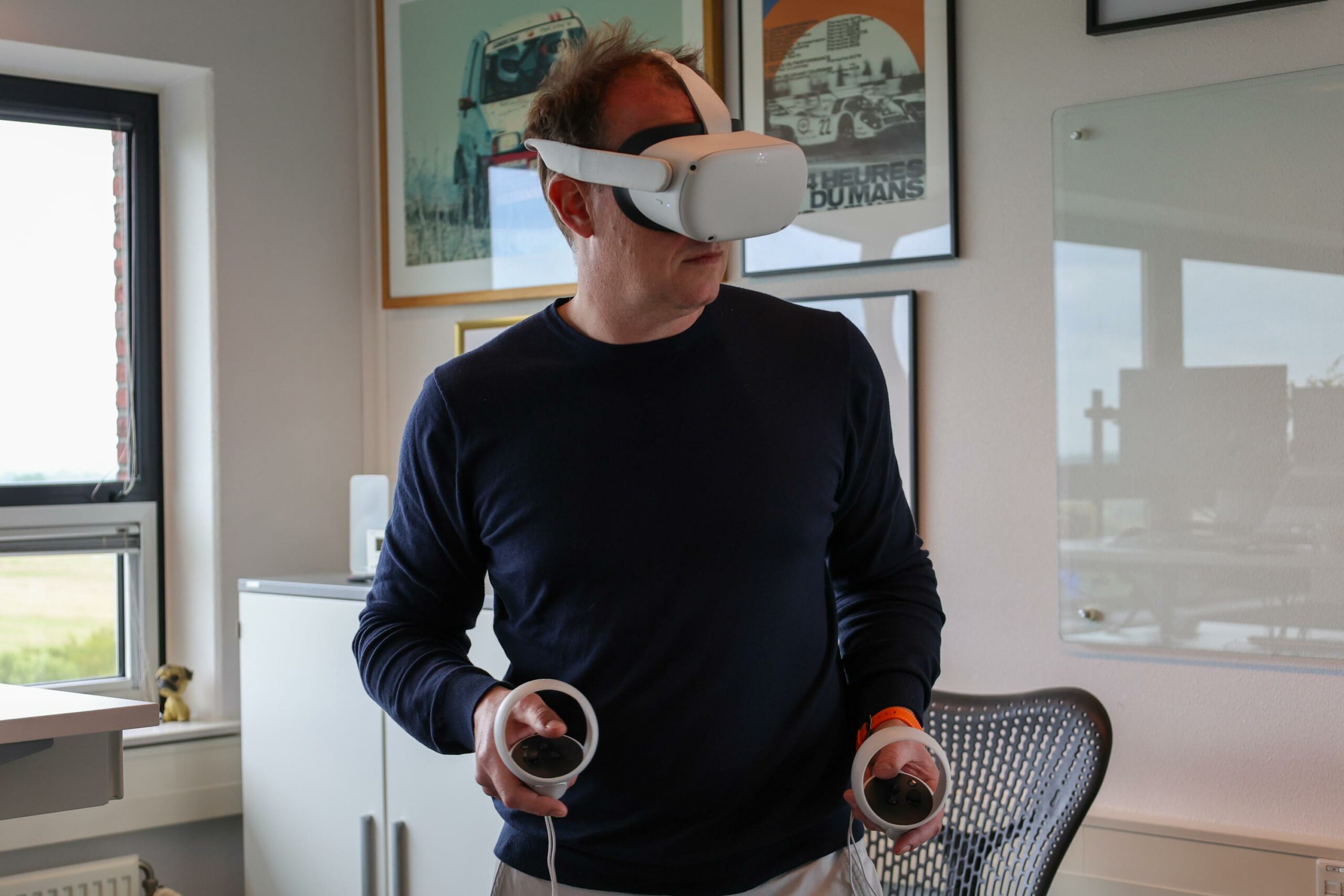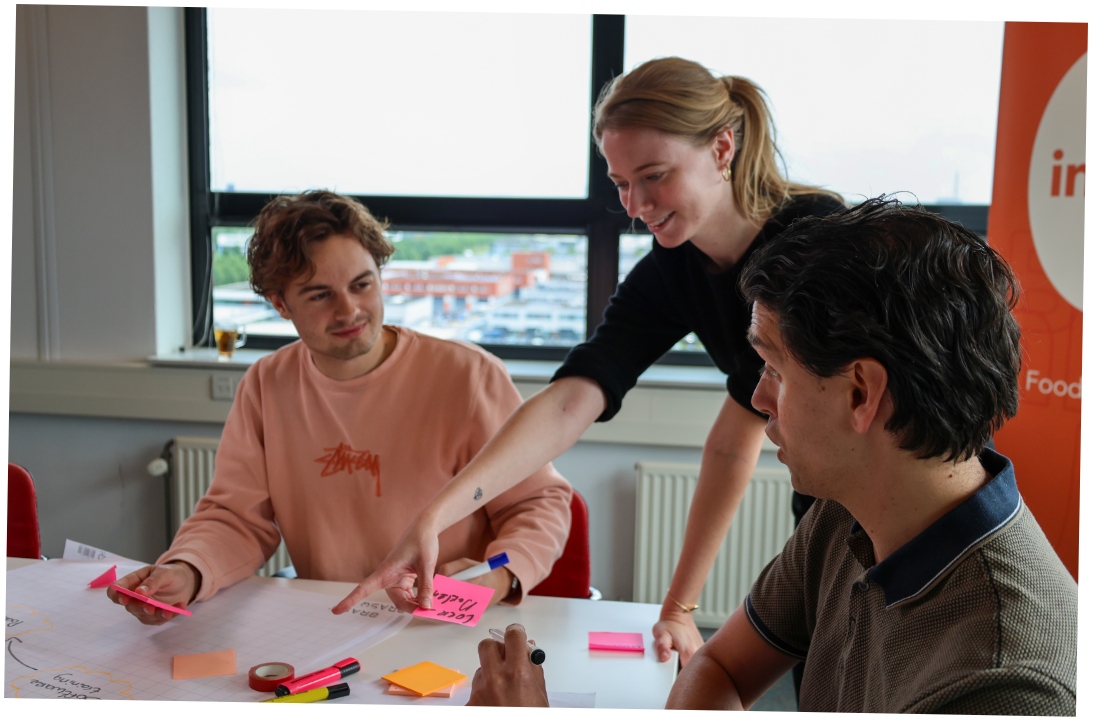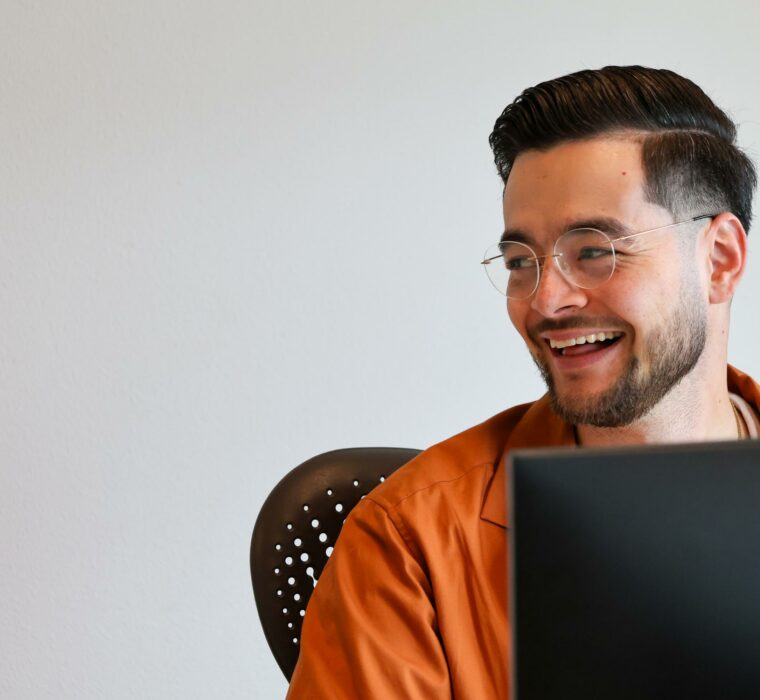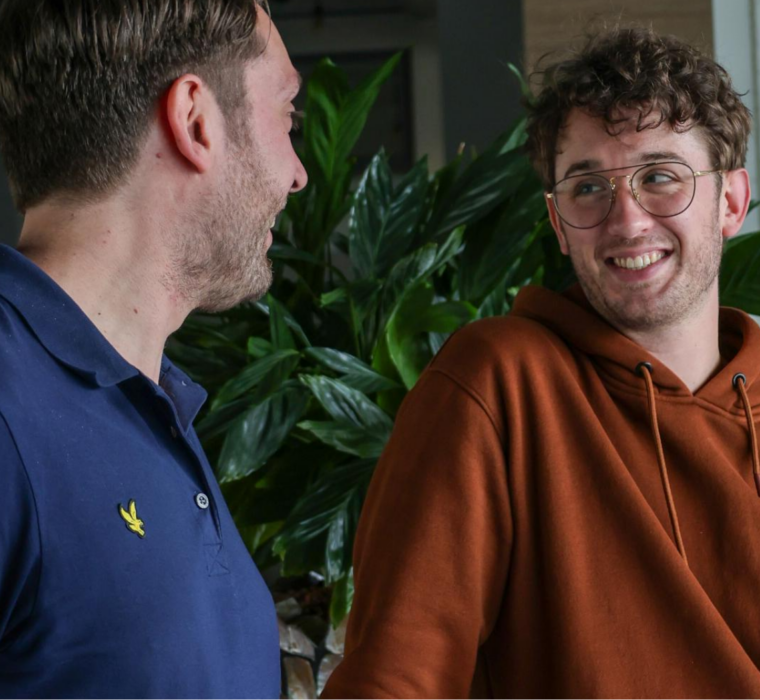
Hi Marco,
What a fun question! I’d love to tell you more about that. Nowadays it is super easy to continuously learn something new. Thanks to technological and digital developments in recent years, knowledge is literally at your fingertips.
For example, want to know how to build a hedgehog house? YouTube is full of videos that will help you step by step. And the selection of online courses is endless! Personally, I love learning: discovering new languages through an app, trying a new sport, taking singing lessons or even switching from the cultural sector to IT. My curiosity makes me always look for ways to develop myself and step outside my comfort zone. My list of things I still want to learn is endless, and I really can’t imagine ever being done learning. Maybe that’s what they mean by “lifelong learning”?

Brain continues to grow
It used to be thought that once you were an adult, your brain was completely “mature” and there was no more room for new connections or to learn something new. However, research shows that your brain continues to develop throughout your life. This process, also called neuroplasticity, is the brain’s ability to adapt and create new neural networks. So you really are never too old to learn something new! While “lifelong learning” may have become a buzz term in recent years, research shows that actually embracing this mindset brings numerous benefits.

Health
One of the main benefits of lifelong learning is the positive impact on your physical and mental health. As we age, it is normal for our bodies and minds to deteriorate somewhat in some areas. But learning can slow or, in some cases, even prevent that process. For example, it reduces the risk of dementia and can slow the symptoms of Alzheimer’s, allowing you to enjoy a good quality of life for longer. Learning complex skills later in life also improves memory. With so many ways to learn something new, there is always something to find that will contribute to a healthier brain!
Social connectedness
Learning also creates new connections with others. People who share the same interests often build bonds easily. Whether it’s exchanging knowledge, discussing a topic together or complaining about that tricky test, learning brings people together. In addition, lifelong learning brings you into contact with different people with different backgrounds and worldviews. This helps you look outside your own bubble and stay in touch with the world around you.









